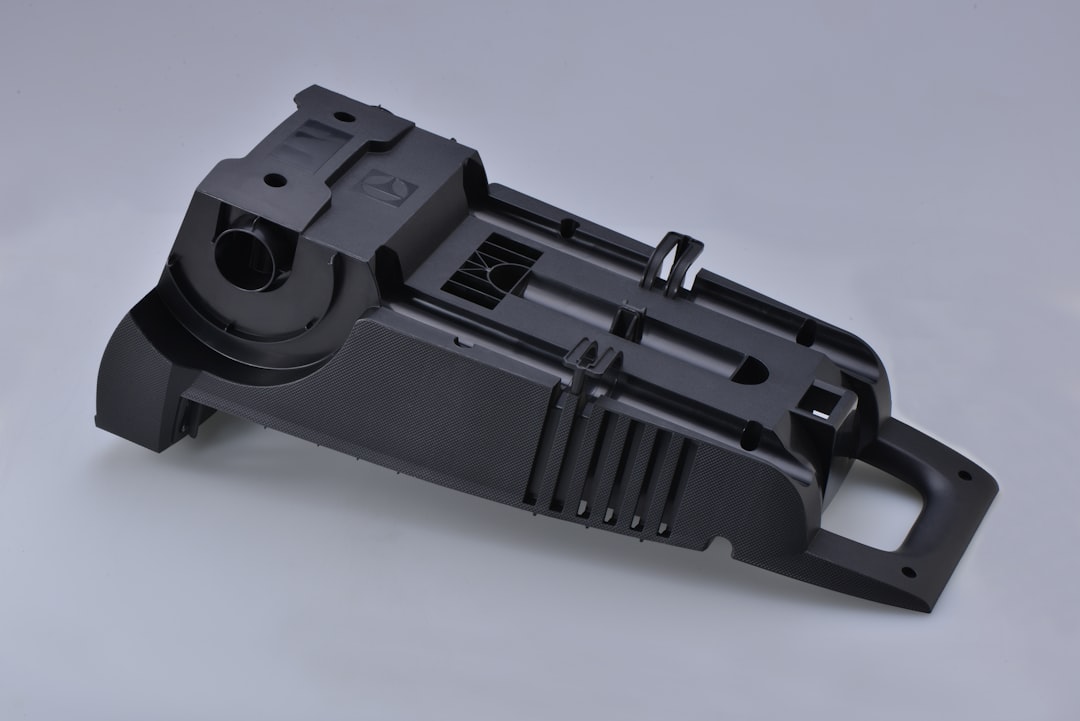
As a resident or visitor in a building with elevators, you may not give much thought to the safety and maintenance of these essential systems. However, it is crucial to understand the importance of regular elevator inspections to ensure your safety and the safety of others. In this article, we will explore the reasons why elevator inspections are necessary, the types of inspections that are performed, and what you can do to ensure your elevator is safe and functional.
Why Are Elevator Inspections Necessary?
Elevators are complex machines that require regular maintenance to ensure they operate safely and efficiently. A malfunctioning elevator can cause serious injuries or even fatalities, which is why regular inspections are essential. According to the National Institute for Occupational Safety and Health (NIOSH), elevators are responsible for an average of 17 fatalities and 1,000 injuries per year in the United States alone. Regular inspections help to identify potential hazards and prevent accidents from occurring.
Types of Elevator Inspections
There are several types of elevator inspections that are performed to ensure the safety and functionality of these systems. The most common types of inspections include:
1. Annual Inspections: These inspections are performed by a qualified elevator inspector who checks the elevator’s mechanical and electrical systems, as well as its safety features. The inspector will also check the elevator’s documentation and records to ensure compliance with local and national regulations.
2. Semi-Annual Inspections: These inspections are performed every six months and are designed to identify any potential issues before they become major problems. The inspector will check the elevator’s mechanical and electrical systems, as well as its safety features, and perform any necessary repairs or maintenance.
3. Monthly Inspections: These inspections are performed by the building’s maintenance staff and are designed to identify any minor issues before they become major problems. The inspector will check the elevator’s mechanical and electrical systems, as well as its safety features, and perform any necessary repairs or maintenance.
What to Expect During an Elevator Inspection
During an elevator inspection, the inspector will check the elevator’s mechanical and electrical systems, as well as its safety features. The inspector will also check the elevator’s documentation and records to ensure compliance with local and national regulations. Some of the specific items that the inspector will check include:
1. The elevator’s mechanical systems, including the motor, gearbox, and brakes.
2. The elevator’s electrical systems, including the control panel, wiring, and electrical components.
3. The elevator’s safety features, including the safety brakes, safety sensors, and emergency stop buttons.
4. The elevator’s documentation and records, including the maintenance records, inspection reports, and repair records.
How to Ensure Your Elevator is Safe and Functional
To ensure your elevator is safe and functional, there are several steps you can take. Some of these steps include:
1. Regularly inspecting the elevator’s mechanical and electrical systems.
2. Performing routine maintenance tasks, such as cleaning and lubricating the elevator’s mechanical components.
3. Keeping the elevator’s documentation and records up to date.
4. Reporting any issues or concerns to the building’s maintenance staff or elevator inspector.
Conclusion
Regular elevator inspections are essential to ensure the safety and functionality of these complex systems. By understanding the importance of elevator inspections and what to expect during an inspection, you can help to ensure your safety and the safety of others. Remember to regularly inspect the elevator’s mechanical and electrical systems, perform routine maintenance tasks, keep the elevator’s documentation and records up to date, and report any issues or concerns to the building’s maintenance staff or elevator inspector.